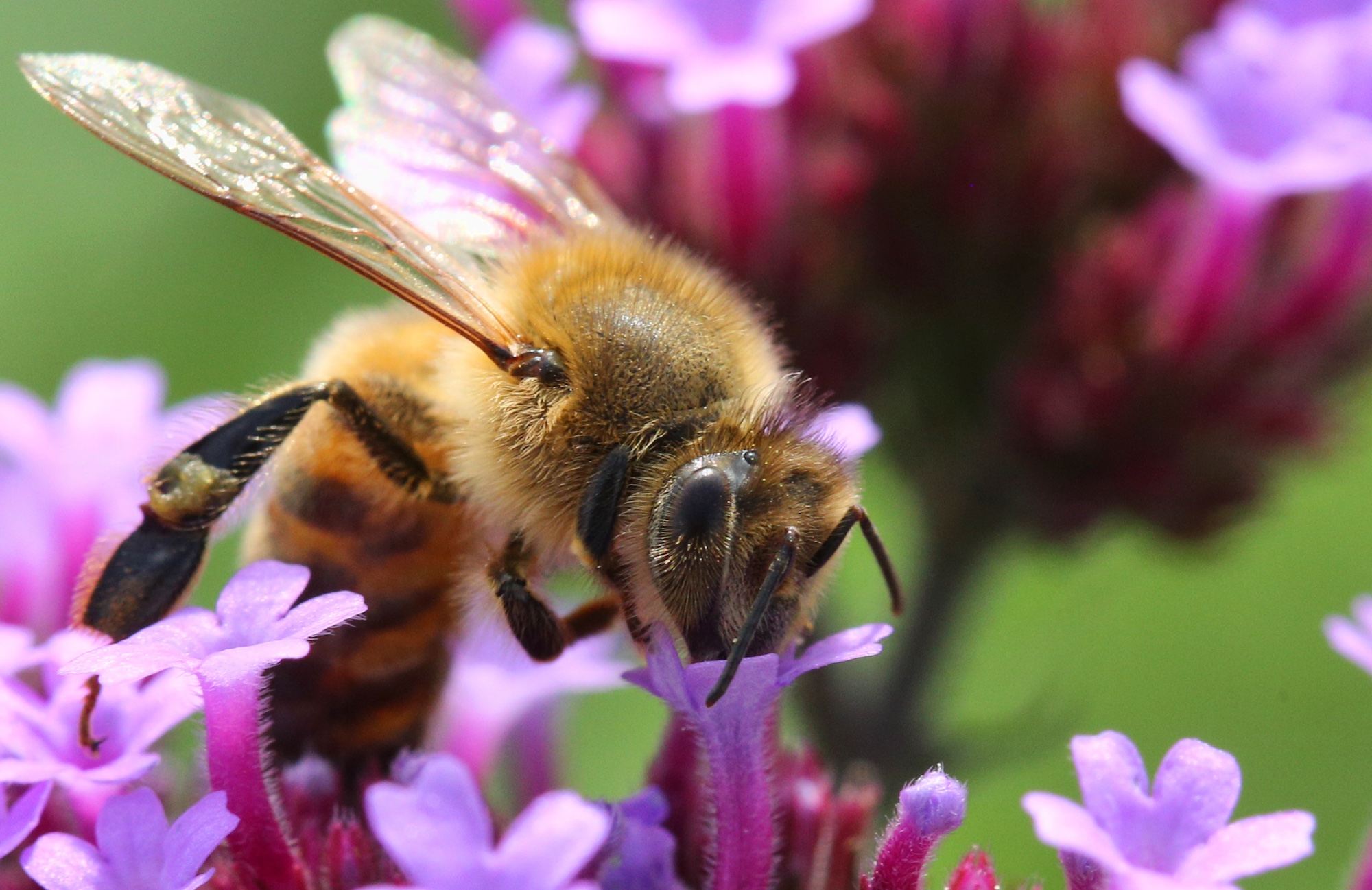Beekind will always remember where it was when it heard the news: A honeybee has pulled a string.
Yesterday at 2pm the first honeybee (Apis mellifera) in this species’ evolutionary history managed to pull a string for reward. They are much harder to train than bumblebees, though! pic.twitter.com/OPng2ATOdT
— Lars Chittka (@LChittka) April 7, 2024
Wow! Surely when you woke up today you did not expect you'd see an Apis mellifera, the western honey bee, pulling a string to move an artificial flower out from under a transparent surface, thereby earning a delicious reward of sucrose. A Bombus terrestris, sure—buff-tailed bumblebees pulling strings are old news—but never this.
But real beeheads know that if Lars Chittka is involved, some damn bees are going to pull some damn strings. Chittka, a professor at Queen Mary University of London and author of the book on bee brains, was part of the team that published a 2016 paper demonstrating it was possible to teach bumblebees to complete this same experiment, making them the first invertebrates to be proven capable of doing so.
Not only was it possible, it was relatively easy: 23 of 40 bumblebees were able to learn, by gradually increasing the distance the flower had to be pulled, how to do it routinely. Then even more impressively, the successful bees were returned to their colonies, where other bees were able to learn to pull strings to get rewards just by watching the expert bees. Pretty good for tiny little bee brains: able to learn new tasks, and able to pass the knowledge on through multiple generations.
But those were bumblebees, large and gentle souls. These are honeybees: an entirely different genus, and meaner and dumber, to use two very unscientific descriptors. As Chittka stated, it was harder to train honeybees—but it is possible. That bee up there in the video is living proof. (Let's call her Hank.) It's conceivable that Hank is an outlier, a genius bee; we won't know until the study is complete and published. It'll also be interesting to see if Hank is capable of passing on her knowledge through cultural transmission, or if her insight is like a supernova, burning bright before fading away into the dark.
Hank the honeybee, we salute you. You are inspiration to all of us out here just pulling away on that string called life.
[CORRECTION: An earlier version of this post misidentified Hank as male. Hank is short for Henrietta.]





